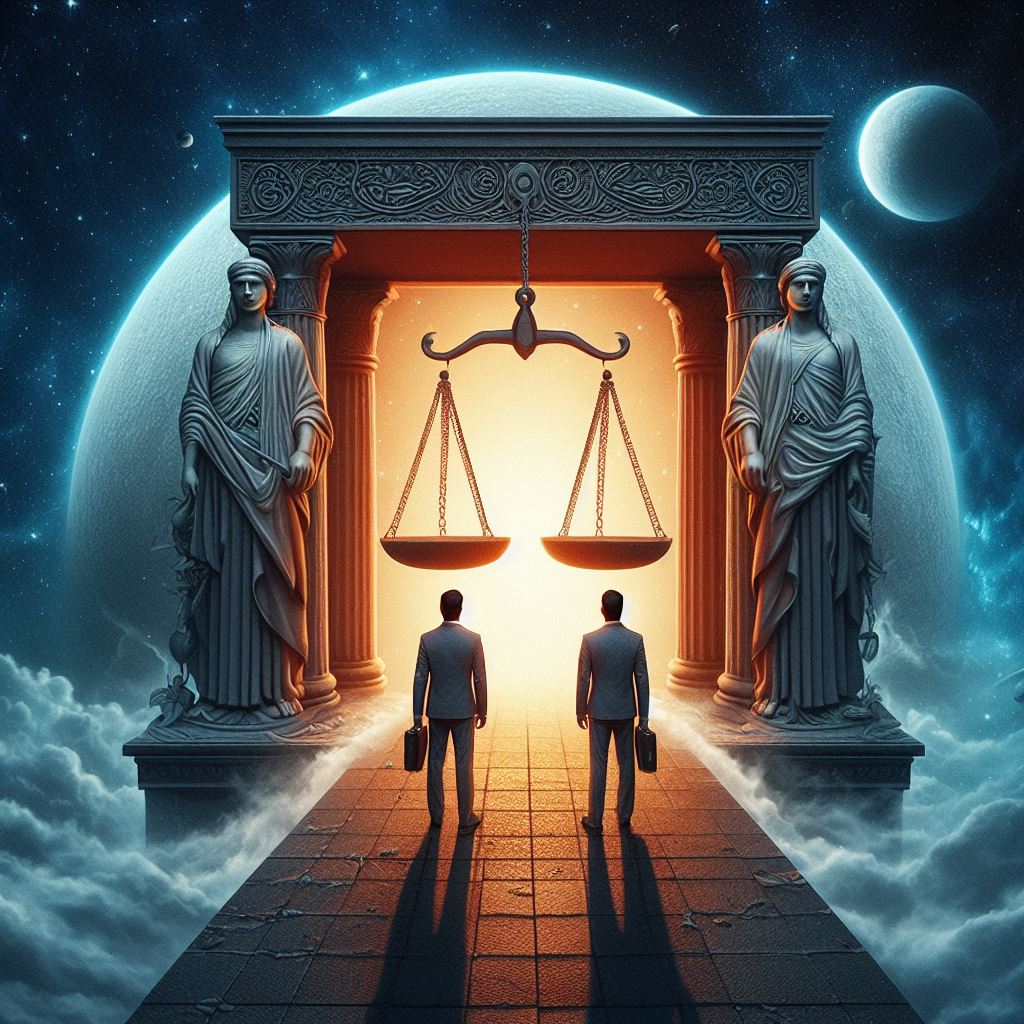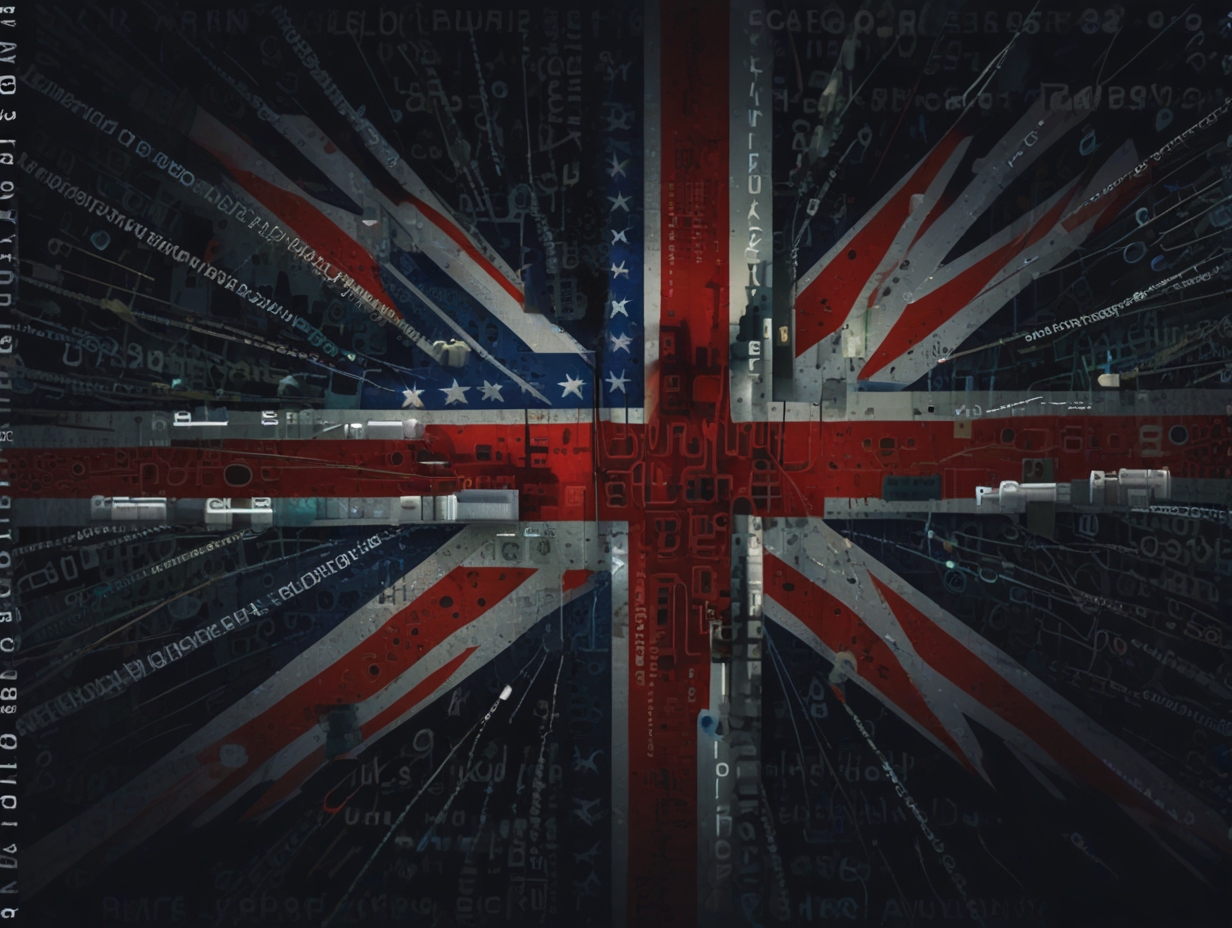In a contentious clash of tech titans, OpenAI fires back at Elon Musk’s recent lawsuit, asserting its stance to refute all allegations brought forth by its former co-founder. The lawsuit, implicating OpenAI’s departure from its original non-profit roots, prompts a robust response from the organization’s leadership. Amidst redacted email revelations and accusations of breaching founding agreements, the battle between OpenAI and Musk unfolds with significant implications for the future of artificial intelligence development.
OpenAI’s strong response to Musk’s lawsuit
In a resolute and unwavering counterargument directed squarely at Elon Musk’s litigious onslaught, OpenAI unfurls its meticulously crafted strategy designed to repudiate each and every assertion proffered by the erstwhile Tesla CEO turned adversarial counterpart. Penned with collective authorship attributed to OpenAI’s upper echelons, including the eminent figures of President Greg Brockman and Chief Scientist Ilya Sutskever, the organization’s communiqué, eloquently titled “OpenAI and Elon Musk,” communicates their unwavering will to vigorously refute the numerous charges made by Musk in a clear and uncompromising manner.
At the epicenter of this robust and comprehensive rebuttal lies the crux of the matter, meticulously dissected and analyzed ad infinitum: the contentious and oft-debated topic of OpenAI’s metamorphosis from its erstwhile status as a bastion of non-profit altruism to the potentially lucrative vistas of a for-profit enterprise. This metamorphosis, fraught with complexities and imbued with multifaceted nuances, forms the fulcrum around which Musk’s allegations orbit, a transformation he himself purportedly acknowledged, if not tacitly endorsed, in antecedent correspondences, thus imbuing the ensuing legal skirmish with an added layer of intricate intrigue and dialectical tension.
The revealing redacted emails – Insights into the OpenAI vs. Elon Musk legal battle
At the crux of OpenAI’s rebuttal lie a collection of redacted correspondences, illuminating Elon Musk’s perspective on the entity’s shift towards a profit-oriented paradigm. Within these communications, Musk ostensibly voiced apprehensions about OpenAI’s capacity to procure requisite funding, vis-à-vis formidable industry contenders such as Google. Intriguingly, he also floated the notion of amalgamating OpenAI into the Tesla framework, thereby harnessing the latter’s financial robustness.
Nevertheless, internal dissension amongst OpenAI’s progenitors appears to have stymied Musk’s overture, underscoring latent discord within the institution. Also, disclosures from Ilya Sutskever pertaining to the semantics of “open” within OpenAI’s nomenclature inject further intricacy into the legal quagmire, challenging entrenched presumptions about the entity’s foundational tenets.
Musk’s lawsuit Allegations and the lingering questions
Elon Musk’s lawsuit, filed on Leap Day, accuses OpenAI of deviating from its founding ethos and breaching contractual agreements, particularly concerning the secrecy surrounding the development of GPT-4. Musk contends that OpenAI, in collaboration with Microsoft, kept crucial aspects of GPT-4’s design closed off from public scrutiny, a move that ostensibly violates the organization’s purported commitment to openness and transparency. Despite the absence of concrete evidence regarding the alleged founding agreements, Musk’s legal offensive signals a critical juncture in the ongoing debate over the future trajectory of artificial intelligence research and governance.
As the legal skirmish between OpenAI and Elon Musk escalates, the broader implications for the AI community remain uncertain. Will OpenAI’s dismissal strategy effectively nullify Musk’s claims, or will the lawsuit unravel deeper fissures within the organization? As stakeholders await the judicial verdict, the fate of OpenAI’s identity and mission hangs in the balance, underscoring the profound stakes at play in the realm of artificial intelligence development.





